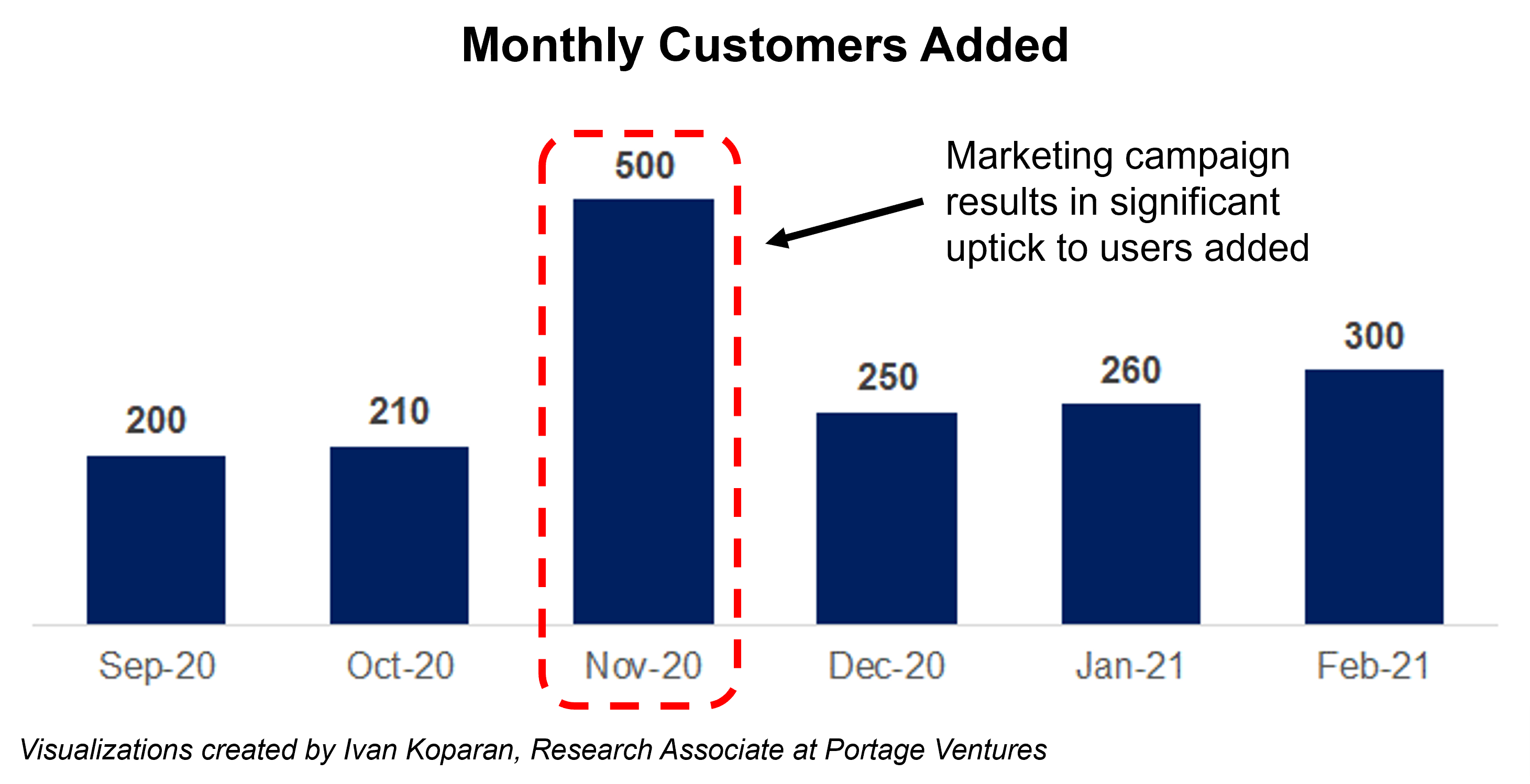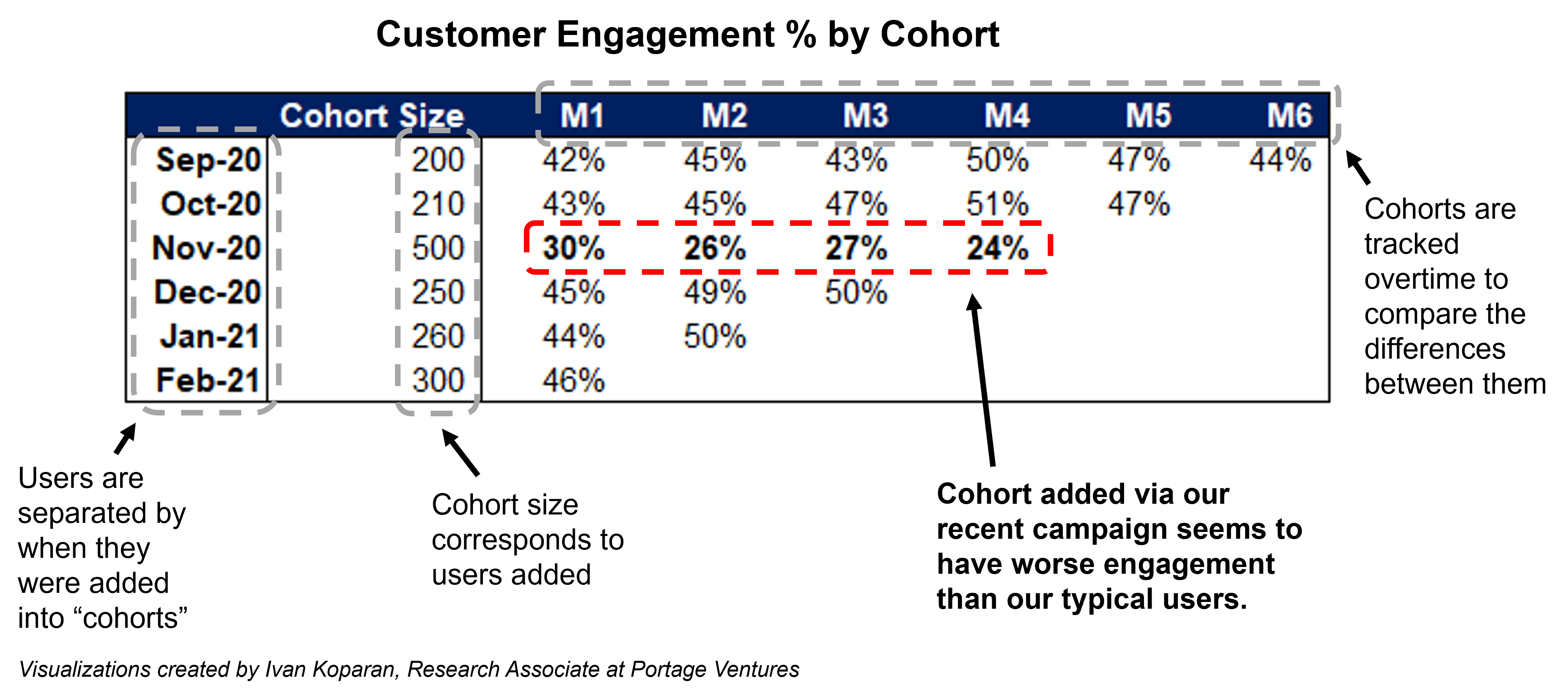News: Online learning platform Class 101 bags $26M Series B to support growth
Everything is switching from offline to online mode, spurred by the pandemic, and that also has turned around things for the creative economy. Creative professionals continue to look for ways to monetize their talents and knowledge through online education platforms like Class 101 that bring stable incomes and improve opportunities. Class 101, a Seoul-based online
Everything is switching from offline to online mode, spurred by the pandemic, and that also has turned around things for the creative economy. Creative professionals continue to look for ways to monetize their talents and knowledge through online education platforms like Class 101 that bring stable incomes and improve opportunities.
Class 101, a Seoul-based online education platform, announced today it has closed $25.8 million (30 billion won) Series B funding to accelerate its growth in South Korea, the U.S. and Japan.
The Series B round was led by Goodwater Capital, with additional participation from previous backers Strong Ventures, KT Investment, Mirae Asset Capital and Klim Ventures.
In 2019, the company raised a $10.3 million (12 billion won) Series A round led by SoftBank Ventures Asia along with Mirae Asset Venture Investment, KT Investment, Strong Ventures and SpringCamp.
Co-founder and CEO of Class 101 Monde Ko told TechCrunch that the company will use the proceeds to focus on hiring more talent, as well as expanding domestic business and overseas markets in the U.S. and Japan.
Ko and four other co-founders established Class 101 in 2018, which was pivoted from a tutoring service platform that was founded in 2015, Ko said. It has 350 employees now.
“We will keep supporting creators to monetize their talents and we will also allow creators to expand their revenue streams by selling their goods, digital files and more products via our platform,” Ko said.
When asked about what differentiated it from other peers, Class 101 provides and ships all the necessary tools and material “Class Kit”, Ko said.
The company offers more than 2,000 classes within a raft of categories, with drawing, crafts, photography, cooking, music and more. It also provides about 230 classes in the U.S. and 220 classes in Japan. There are approximately 100,000 registered creators and 3 million registered users as of August 2021.
Class 101 launched its platform in the U.S. in 2019 and entered Japan last year. The company opened online classes for kids aged under 14 in 2020.
“Class 101 is a company that combines the advantages of Patreon and YouTube, offering tailored support for creators while fulfilling users’ learning needs,” co-founder and managing partner at Goodwater Capital Eric Kim said, adding that it is the fastest growing company “in an economic phenomenon in which individuals follow their passions and do what they really enjoy while also making a living from it.”







